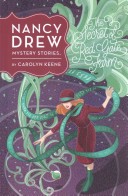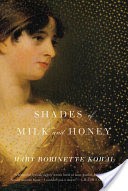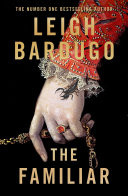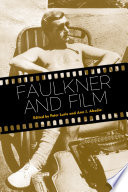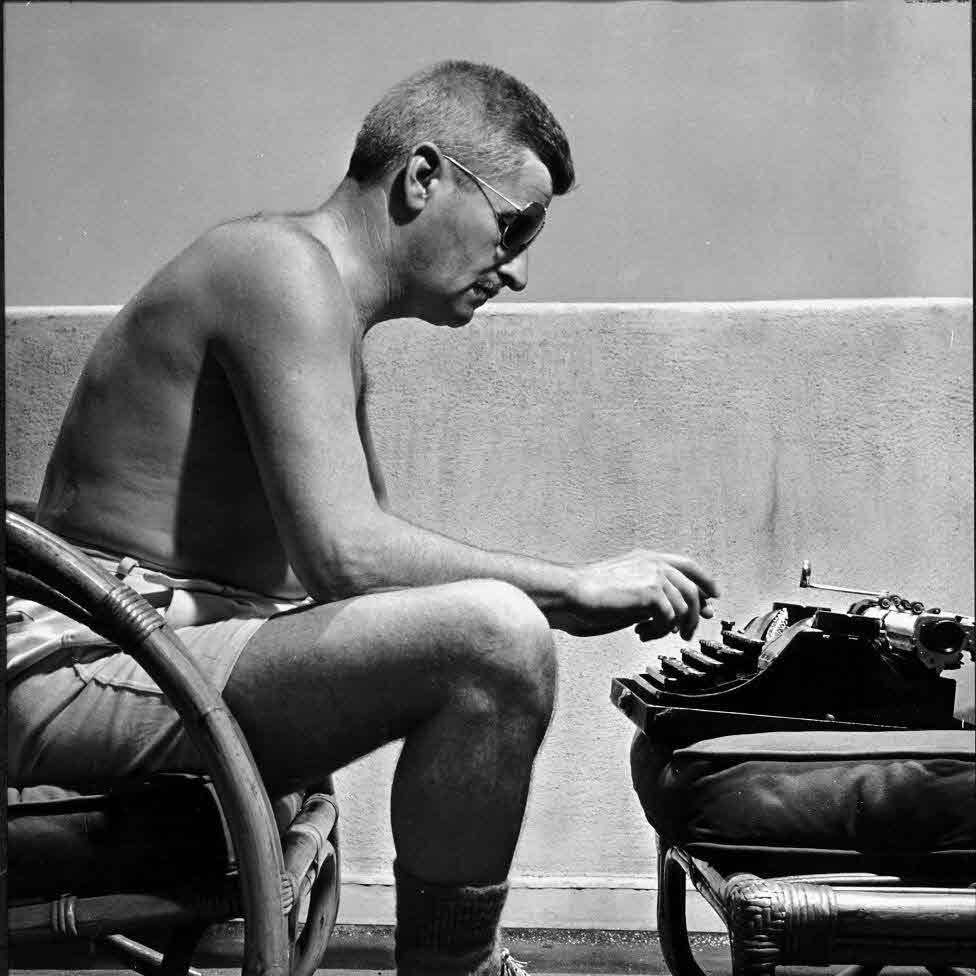
#OnThisDay in 1942 author William Faulkner entered the Warner Bros lot for his first day working as a screenwriter for the Studio. While his work has received much critical acclaim, money did not follow and he thought taking a job in film would increase his fortunes (literally). As a screenwriter, Faulkner had a hand in some big name Warner Bros pics including To Have and Have Not, and The Big Sleep. #HistoryGetsLIT
51 likes







